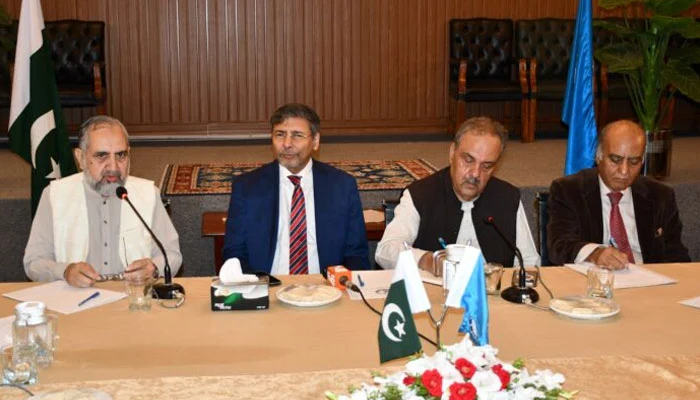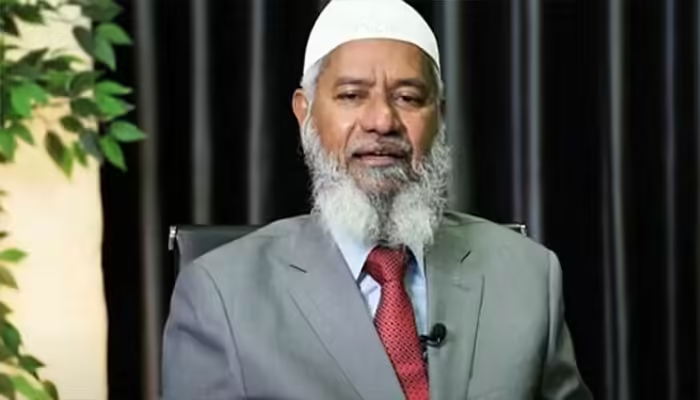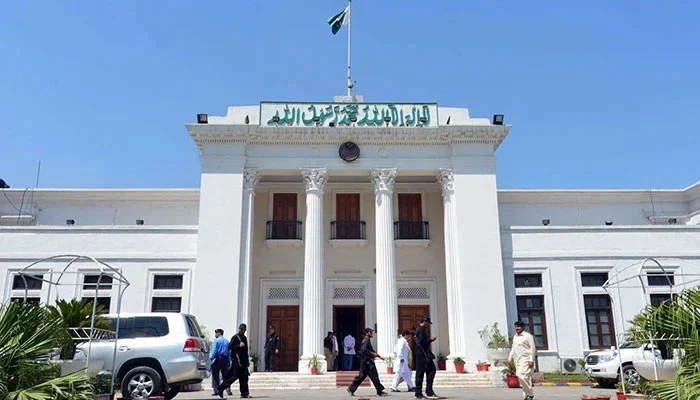Pakistan has reiterated its demand for the interim government in Afghanistan to take decisive action against terrorist groups operating within its borders, emphasizing that these militant outfits pose a significant threat to neighboring countries, including Pakistan. This call was made by Ambassador Asif Durrani, Pakistan’s Special Representative on Afghanistan, during a roundtable discussion titled “Pak-Afghan Relations: Challenges and Opportunities” held at the Institute of Regional Studies (IRS) on Tuesday.
Ambassador Durrani highlighted that terrorism originating from Afghanistan is not only a concern for Pakistan but also for other neighboring countries such as China, Iran, Tajikistan, and Uzbekistan. He stressed that Pakistan desires peace and stability in Afghanistan and that addressing the issue of terrorism is crucial for achieving this goal.
Durrani’s remarks come against the backdrop of a recent surge in terrorist attacks within Pakistan, particularly in Khyber Pakhtunkhwa (KP) and Balochistan. Since the Taliban’s return to power in Afghanistan in 2021, these regions have experienced increased violence. On the previous day, the Pakistan Army successfully neutralized three terrorists attempting to infiltrate the Pak-Afghan border in the Dir district of KP. Additionally, two significant terrorist attacks occurred the previous week: one in DI Khan and the other in Bannu. The attack in DI Khan resulted in the martyrdom of two soldiers and five civilians, while the Bannu attack claimed the lives of eight soldiers who were thwarting an infiltration attempt at the Bannu Cantonment on July 15.
During the roundtable discussion, Durrani expressed Pakistan’s desire for favorable socioeconomic and political conditions in Afghanistan that would support the return of over three million Afghan refugees currently residing in Pakistan. In a notable development earlier this month, Pakistan extended the stay of legally residing Afghan refugees by an additional year. An official statement issued on July 10 confirmed that the federal cabinet had approved an extension of the Proof of Registration (POR) cards until June 30 of the following year for 1.45 million legal Afghan refugees, including those whose POR cards had expired.
Last year, as terror-related incidents surged, the then-caretaker government decided to repatriate illegal refugees, including undocumented Afghans. Since the commencement of the repatriation campaign, more than 500,000 undocumented Afghans have returned to Afghanistan, according to United Nations figures.
In the roundtable discussion, Ambassador Durrani continued to advocate for the repatriation of Afghan refugees, urging the international community, particularly the UN Refugee Agency (UNHCR), to develop strategies for the dignified return of Afghan refugees to their homeland.
Durrani also acknowledged the Afghan interim administration’s efforts in poppy eradication, which were recognized by stakeholders at the UN Doha meeting earlier this month. He underscored the need to eliminate obstacles to trade between Pakistan and Afghanistan, as well as the transit of Pakistani goods to Central Asia through Afghanistan.
Furthermore, Durrani called for the acceleration of regional connectivity projects, such as the Turkmenistan-Afghanistan-Pakistan-India (TAPI) gas pipeline and the CASA-1000 power transmission line, which aims to connect Kyrgyzstan and Tajikistan with Afghanistan and Pakistan.
The ambassador also urged the Pakistani government to maintain its crackdown on smuggling activities originating from Afghanistan, emphasizing the importance of continued vigilance in securing the border and curbing illicit trade.
Overall, Ambassador Durrani’s statements reflect Pakistan’s ongoing commitment to addressing regional security concerns and fostering stability in Afghanistan while managing the complex issues surrounding Afghan refugees and cross-border terrorism.



